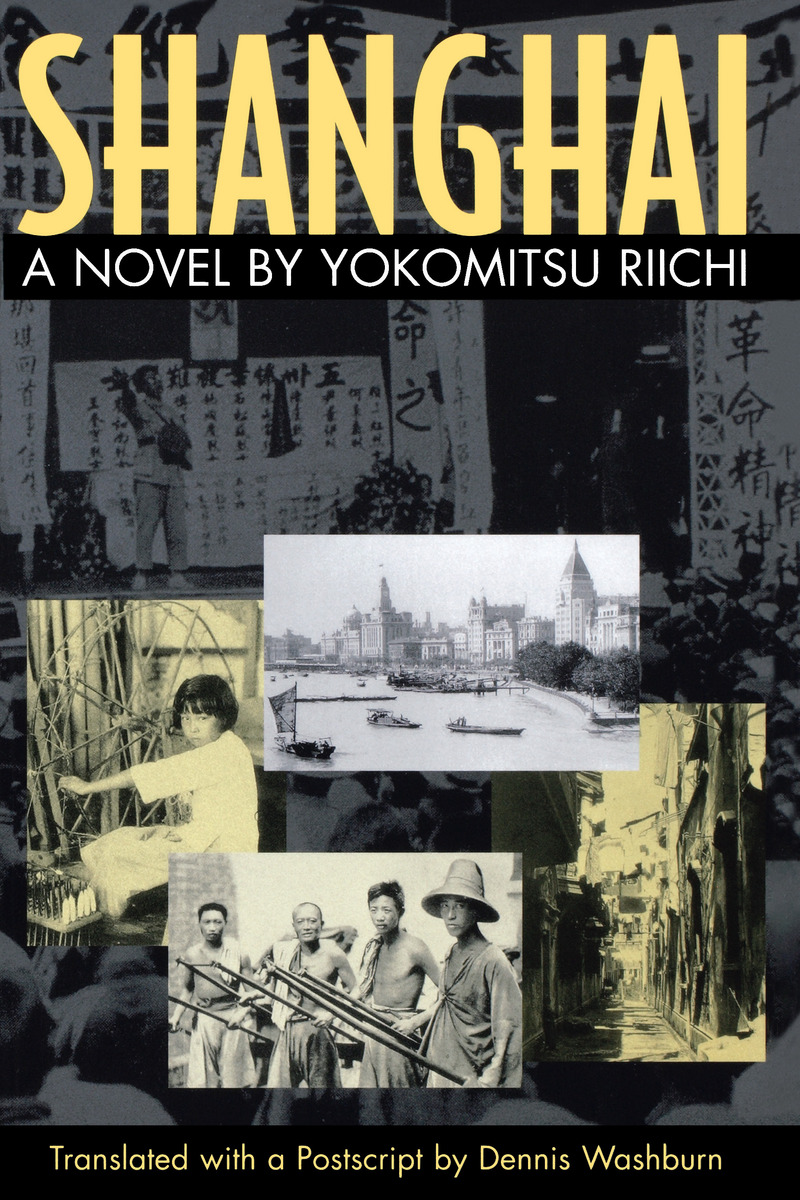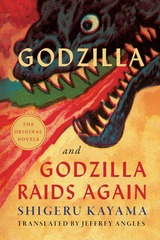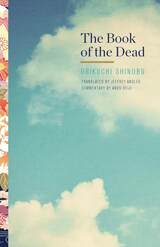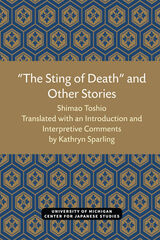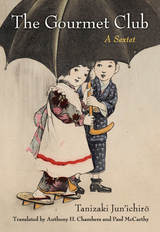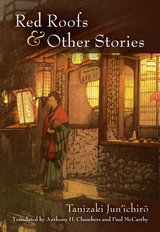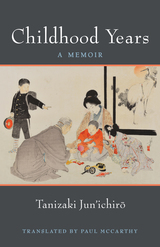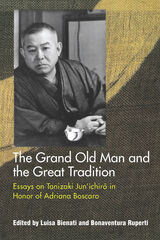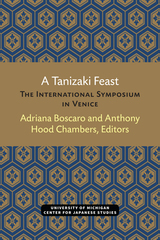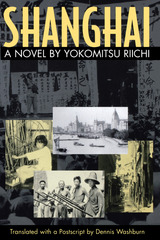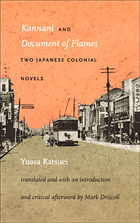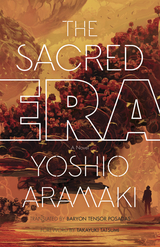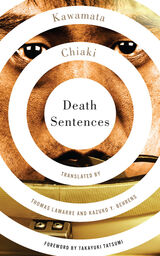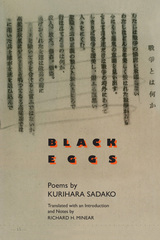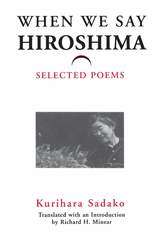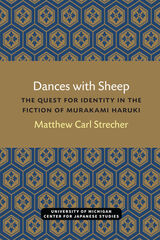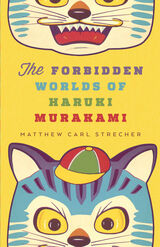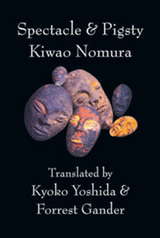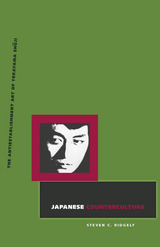Shanghai: A Novel by Yokomitsu Riichi
University of Michigan Press, 2001
Paper: 978-1-929280-01-8 | Cloth: 978-1-929280-00-1
Library of Congress Classification PL842.O5S513 2001
Dewey Decimal Classification 895.6344
Paper: 978-1-929280-01-8 | Cloth: 978-1-929280-00-1
Library of Congress Classification PL842.O5S513 2001
Dewey Decimal Classification 895.6344
ABOUT THIS BOOK | AUTHOR BIOGRAPHY | TOC | REQUEST ACCESSIBLE FILE
ABOUT THIS BOOK
Published serially between 1928 and 1931, Shanghai tells the story of a group of Japanese expatriates living in the International Settlement at the time of the May 30th Incident of 1925. The personal lives and desires of the main characters play out against a historical backdrop of labor unrest, factional intrigue, colonialist ambitions, and racial politics.
The author, Yokomitsu Riichi (1898–1947), was an essayist, writer, and critical theorist who became one of the most powerful and influential literary figures in Japan during the 1920s and 1930s. In 1924 Yokomitsu joined with Kataoka Teppei and Kawabata Yasunari to found the Shinkankaku-ha (New Sensation School), artists who looked to contemporary avant-garde movements in Europe—Dadaism, futurism, surrealism, expressionism—for inspiration in their effort to explode the conventions of literary language and to break free of what they saw as the prisonhouse of modern culture. A key feature of the school’s experiments was the use of jarring imagery that originated in the visual effects of cinema.
Yokomitsu incorporated the striking visuality of his early experimental style into a realistic mode that presents a disturbing picture of a city in turmoil. The result is a brilliant evocation of Shanghai as a gritty ideological battleground where dreams of sexual and economic domination are nurtured.
See other books on: Cultural & Ethnic Studies | Shanghai | Social Science
See other titles from University of Michigan Press
